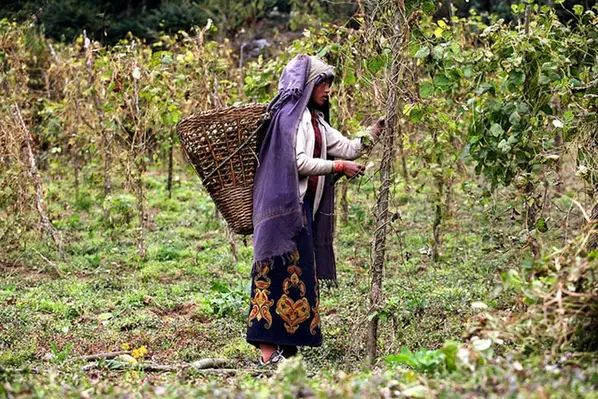Recent advances in information and communication technology (ICT) are leading to remarkable improvements in agricultural production and food safety in Asia and the Pacific, according to a UN forum of ICT experts
Latest ICT developments are being applied to better assess food traceability. QR codes on food items helps shoppers monitor the safety of their food because it tracks the products from farm to supermarket check-out. This system of food traceability is being used by major retailers in Thailand such as Tesco and Central. Other private sector companies displaying their latest ICT applications include Thailand’s CP Foods and TRUE Corporation, alongside other big names such as Intel, Tata Consultancy Services (TCS), Progis, Sourcetrace Systems, Tene Agricultural Solutions and China Communication Services.
One developer is demonstrating aerial devices like drones that can quickly map large areas of agricultural land with GIS technology. This can help policy makers, producers and exporters predict the quality and quantity of a harvest in advance. A ‘bird’s eye view’ can also monitor the effects of climate change on large areas of arable land and their vulnerabilities to climate related disasters.
“Clearly the application of ICT developments in the food and agriculture sector is having a positive impact and will continue to do so as technology continues to advance,” said Kundhavi Kadiresan, FAO assistant director-general and regional representative for APAC. “The implementation of e-agriculture strategies will help us address challenges to our eco-systems while generating new revenues, improving the lives of people in rural communities and, ultimately, will help us achieve a food-secure world without hunger.”
“ICTs are driving across various sectors and contributing globally to socio-economic development,” said Ioane Koroivuki, regional director of ITU’s regional office for APAC. “With ICTs in agriculture, this is no different and the transformative and innovative solutions that ICTs bring and will certainly enrich the exciting changes happening on the agricultural landscape.”




